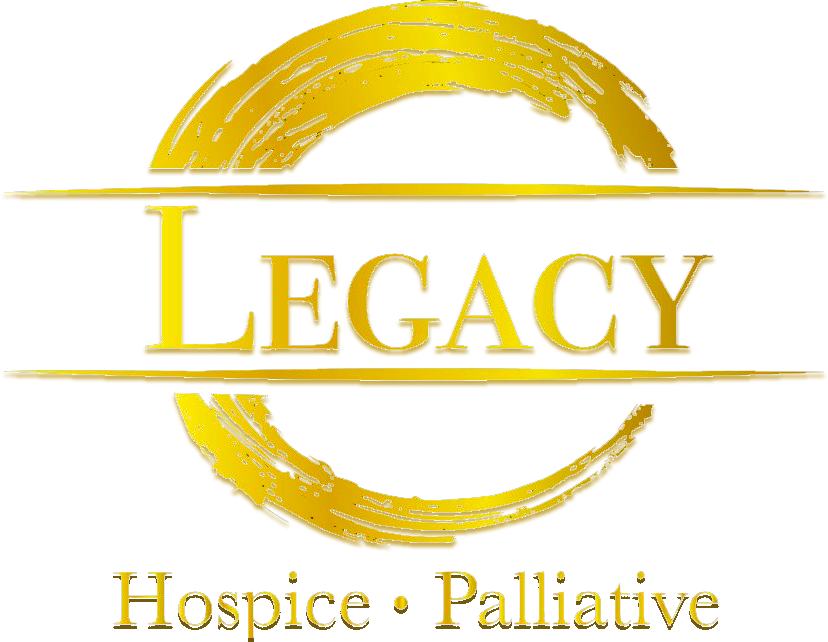Menu



Caregivers play a crucial role in hospice care, providing not only physical assistance but also emotional support to patients and their families. Understanding the importance of caregiver support is essential for maintaining the quality of life for those in hospice.
Caregivers often face immense emotional and physical challenges, and their well-being is directly linked to the quality of care they can provide. Resources such as support groups, respite care, and counseling services can help caregivers manage their stress and maintain their health, ultimately benefiting both them and the patients they care for.
The philosophy of hospice care centers around the belief that patients should receive care that respects their dignity and choices, focusing on comfort rather than curative treatments. This patient-centered approach is fundamental to the hospice model.
Hospice care emphasizes the importance of understanding a patient's values and wishes, allowing them to make informed decisions about their care. This approach not only enhances the quality of life for patients but also supports families in navigating the emotional complexities of end-of-life care.
Hospice services can vary significantly, offering a range of options tailored to meet the unique needs of patients and families. In Chino, various types of hospice services are available, ensuring comprehensive support during difficult times.
These services may include in-home care, inpatient care facilities, and specialized programs for pain management and symptom relief. Understanding the types of services available can help families make informed decisions that best suit their loved ones' needs.
Preparing for hospice care involves not only understanding the services available but also engaging in open conversations with family members about preferences and expectations. This preparation can significantly ease the transition into hospice care.
Families should consider discussing advance directives, care goals, and emotional support needs. Engaging in these conversations can help ensure that everyone is on the same page and that the patient's wishes are honored, ultimately leading to a more peaceful end-of-life experience.